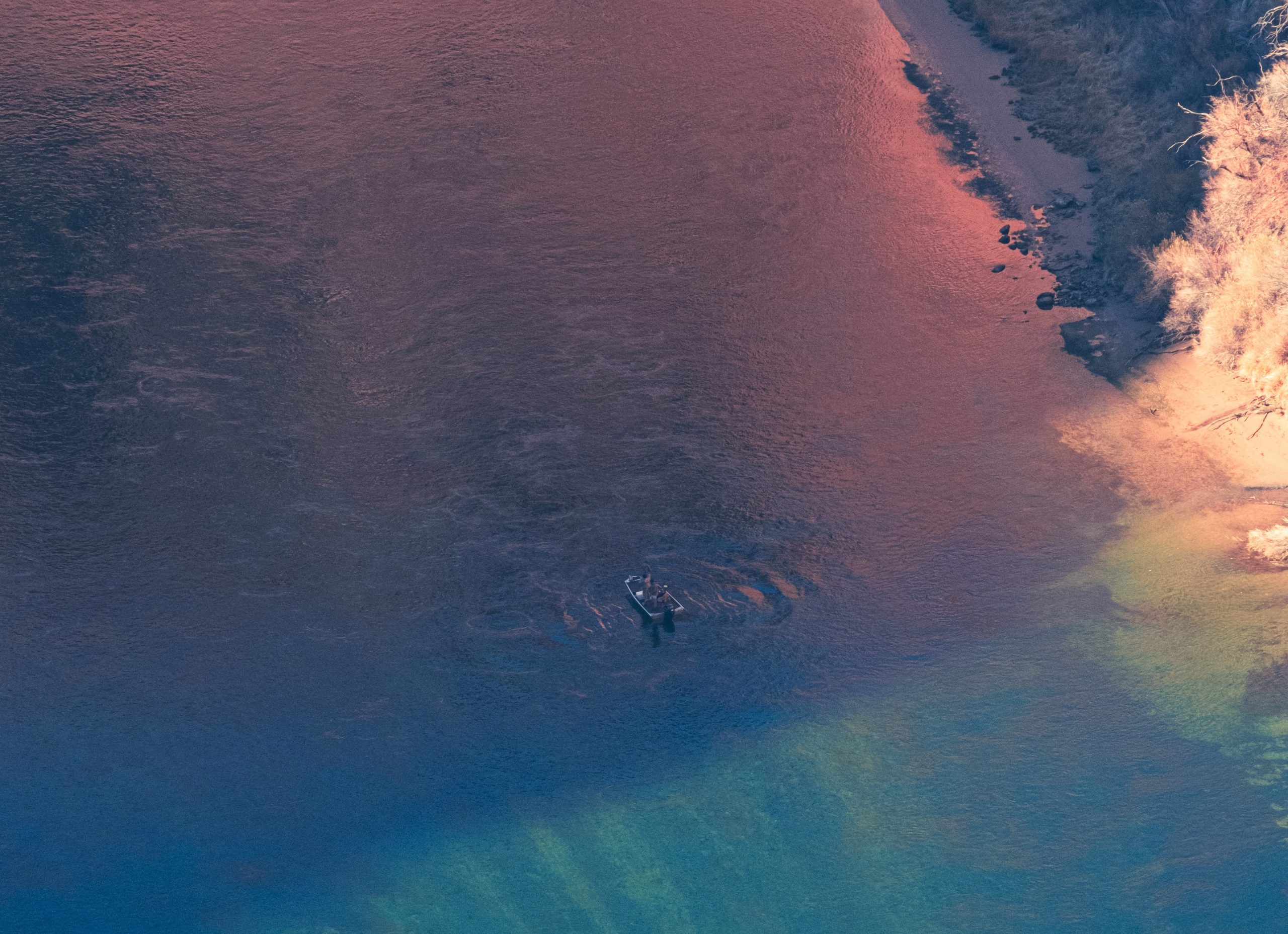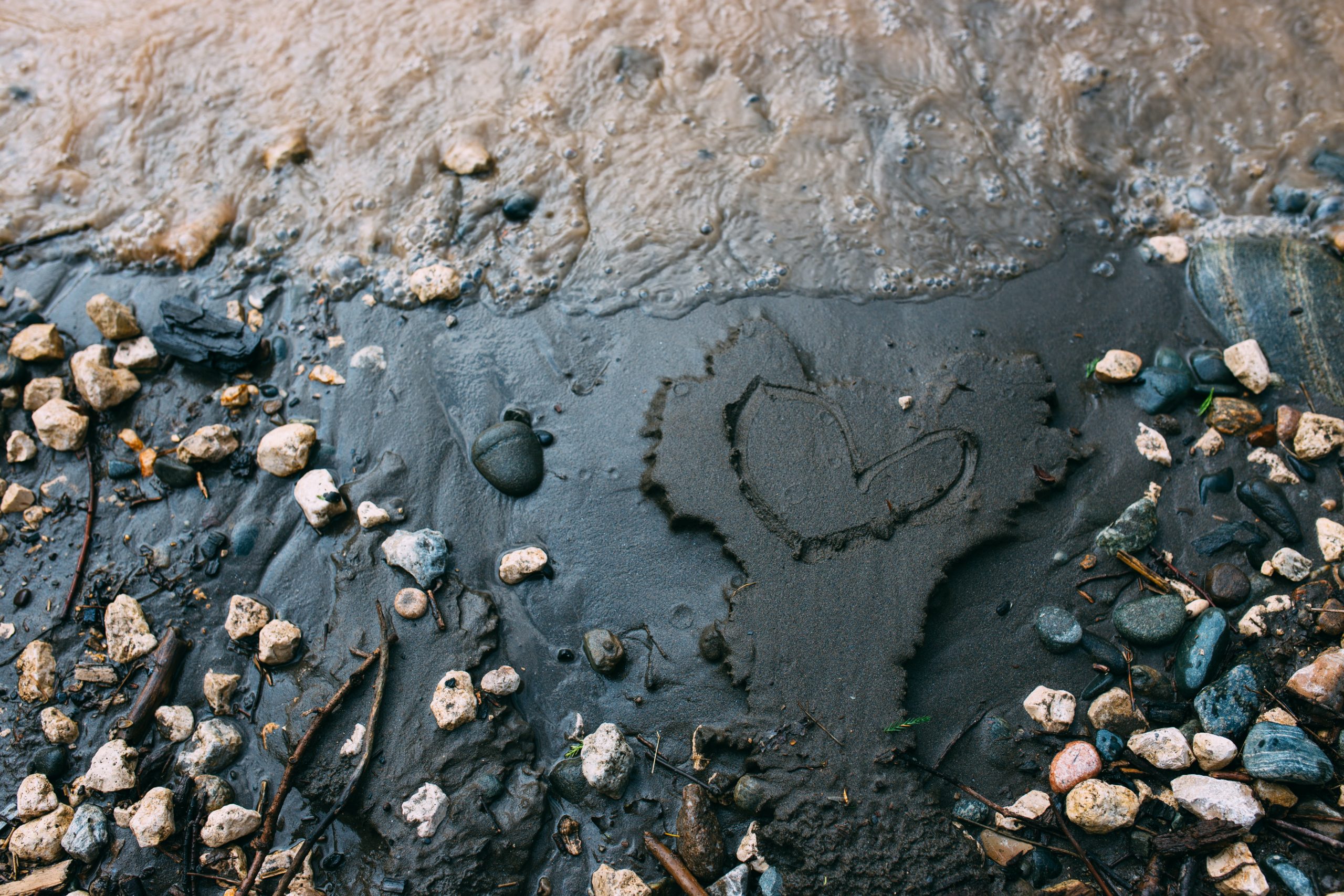About The Project
Multi-Partner Research Initiative
The Initiative will provide $45.5 million over 5 years to draw upon the expertise and experience of oil spill experts in Canada and abroad. The Multi-partner Research Initiative is part of the national Oceans Protection Plan , launched on November 7, 2016.
Purpose
The Initiative will support collaboration among leading experts to identify research gaps and priorities, improve our understanding of aquatic oil spills and their impact on aquatic organisms, develop new technologies and protocols for clean-up, and support science-based decisions that minimize impacts to the environment and habitat recovery.

The Department will collaborate with Indigenous and coastal communities, regulatory agencies, response organizations, and oil spill experts from government, industry and academia. The Initiative will build on the previous work of the Centre for Offshore Oil, Gas and Energy Research , located in Halifax, NS, as well as other Government of Canada research facilities.
Expected outcomes
The Initiative should improve oil spill response protocols and decisions that minimize the environmental impacts of oil spills.
Oil translocation pathways and oil attenuation and weathering processes in Canadian coastal and marine environments

Once oil reaches the shoreline, active clean-up operations may be necessary to reduce environmental risk and accelerate recovery of the environment. Oil translocation includes techniques that facilitate the physical movement of oil on a shoreline to areas where it can be more easily recovered (example: oil can be moved into coastal waters to be collected via booming and skimming) and/or where the rate of natural biodegradation is enhanced.
MPRI has awarded over $5.2 million in funding to projects involving researchers from over 10 institutions that work to better understand and predict the fate of oil on shorelines and support decision-making on shoreline treatment strategies.
One of the primary objectives of this program area is advancing knowledge on the pathways and processes that contribute to the movement and natural biodegradation of oil on shorelines, particularly the role of fine grained sediment in the formation of oil particle aggregates Using this understanding, researchers from academia and the private sector are working on developing techniques to enhance these processes.
Another spill response strategy currently being explored is the application of surface washing agents (SWAs), which are substances that are applied to shorelines to enhance the separation and removal of oil that is adhered to solid surfaces, such as beach sediments. Like dispersants, there is concern over the potential environ-mental impacts associated with the use of these chemicals and their approved use is currently limited in Canada. To enable this as a potential tool in Canada’s response “tool box”, research led by Concordia University is evaluating the efficacy of new and current SWAs and investigating novel ‘green’ SWAs derived from sustainable biomass sources.
One of the major outputs of this program area will be the development of an “oil spill shoreline response decision tool” to help evaluate the potential consequences of shoreline treatment options on Canadian coasts. This decision tool will be geographically-, seasonally- and environmentally-based to support its potential application across Canadian coastline types at all times of the year.